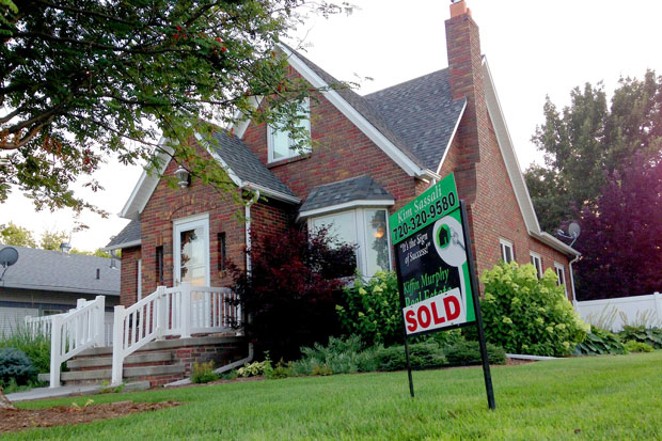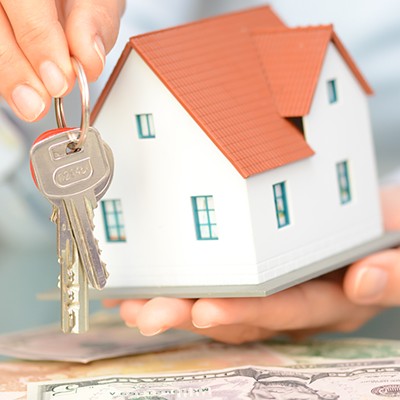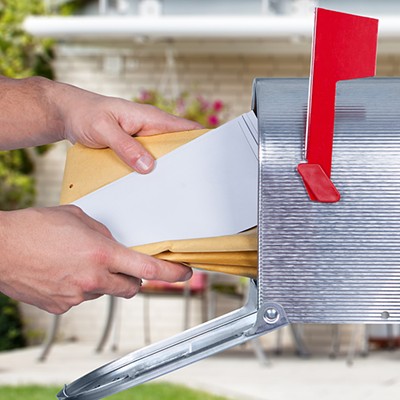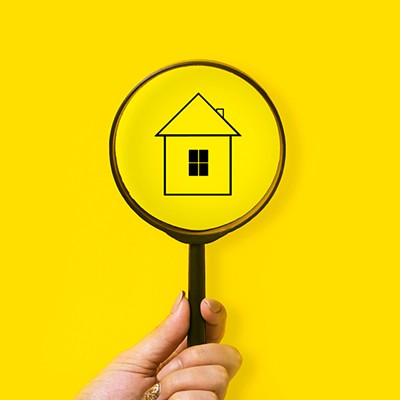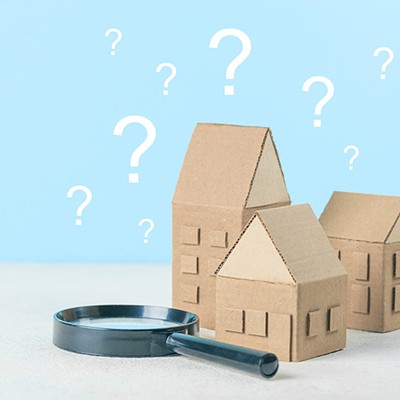Fourteen years ago, I was riding around a northwest Bend neighborhood with my mother, looking at homes and the general area. We found ourselves near the local high school as students came out and parents were pulling in for pickup. My mother pulled to the side of the road and we sat for a few minutes observing the hustle and bustle that comes with the end of the school day. I asked her, very perplexed, what in the world are we doing? Her response: we are doing due diligence for your sister.
I grew up in the real estate and development industries. I've seen more homes in my lifetime that one can begin to count, but on that car ride with my mother, I realized that buying a home requires so much more investigation (i.e. due diligence) than just looking at the home itself.
In layman's terms, due diligence simply means doing your homework. Purchasing a home involves several standard items of due diligence: title reports, professional home inspections, appraisal and seller's disclosures. These are all incredibly important, yet don't have the ability to tell the story on the neighborhood. What is the traffic like? Is it a busy, noisy neighborhood? How are the schools? What are the neighbors like? These are all things I get asked regularly—all very important things, because purchasing a home isn't just about purchasing the structure; it's about the neighborhood as well.
I encourage all of my clients to frequent the neighborhood where they're looking to buy. Visit at various times of the day. Notice if the neighborhood feels dark. Where does the sun fall at different times of the day? Observe the comings and goings, particularly between 4 and 6 pm. Notice the traffic and the general feel of the neighborhood. Get out and take a walk. Talk to the neighbors and ask them their thoughts about the neighborhood. Talking to people in the neighborhood can seem a bit daunting, but there's no better way to get a true picture of the area than to talk to the folks who live there. People who live in the neighborhood can provide a wealth of information, such as what the streets look like in inclement weather or the state of the homeowner's association and covenants, conditions & restrictions (commonly known as CC&Rs) enforcement. Neighbors will also know whether it's a close-knit neighborhood where things like block parties and BBQs are commonplace—all helpful insights to the neighborhood.
Schools play a key role for so many buyers when looking at and comparing neighborhoods. Get out and visit the schools. Schedule a tour, speak with the teachers and administrators. Definitely take advantage of the open houses that most schools offer for prospective students and parents. Dig into getting as much information as one can about the neighborhood schools and programs.
Think about visiting the local police or sheriff's department to have a conversation with them about crime rates and traffic in the area. And often forgotten, but very important, is looking at emergency evacuation routes.
Other things to think about are noise and light pollution. Is the neighborhood close to concert and festival venues that may be louder at certain times of the year? What about road noise or train tracks? Take the time to visit the neighborhood and just listen.
Taking the time for the extra due diligence will serve a buyer very well, and ultimately help solidify the decision and confidence in the purchase. As I often say, buying a home is one of the largest purchases of one's life, and taking the extra time to investigate all aspects of said purchase is time well spent.

